- No Products In The Cart
- start shopping
Cannabis in Crohn’s Disease Treatment: Unveiling Potential Benefits

Are you seeking alternative relief for Crohn’s disease symptoms? We have you covered! In this guide, we uncover the possibilities of using cannabis in Crohn’s disease treatment, offering a natural and promising approach to symptom relief backed by authoritative scientific sources. So without further ado, let’s dive in.
Understanding Crohn’s Disease
Crohn’s Disease presents a multitude of symptoms that can vary in severity from person to person. Some common symptoms include abdominal pain, diarrhea, fatigue, weight loss, and reduced appetite. These symptoms can have a profound impact on daily life, making it challenging for individuals to carry out routine activities or even maintain a normal social life.
The exact cause of Crohn’s Disease is not yet fully understood, but it is believed to involve a combination of genetic, environmental, and immune system factors. The chronic inflammation seen in Crohn’s Disease occurs when the body’s immune system mistakenly attacks healthy cells in the gastrointestinal tract, leading to the characteristic symptoms. Managing this condition effectively requires a multi-faceted approach that aims to reduce inflammation, control symptoms, and improve the overall well-being of patients.
The Science Behind Cannabis and Crohn’s Disease
Cannabis, a plant with a long history of medicinal use, has emerged as a potential therapeutic option for managing symptoms associated with Crohn’s Disease. The plant contains several active compounds, including delta-9-tetrahydrocannabinol (THC) and cannabidiol (CBD), which have shown promise in alleviating various symptoms and improving overall well-being.
THC, the primary psychoactive compound in cannabis, is known for its pain-relieving and anti-inflammatory properties. It interacts with specific receptors in the body’s endocannabinoid system, which plays a crucial role in regulating various physiological processes, including pain perception and immune response. CBD, on the other hand, is non-psychoactive and has been found to have anti-inflammatory, anti-anxiety, and neuroprotective effects.

Research and Evidence
Numerous scientific studies have investigated the potential benefits of cannabis in the treatment of Crohn’s Disease. While research in this field is still relatively limited, the existing evidence suggests that cannabis may have a positive impact on symptom management and overall well-being.
A study published in the journal Clinical Gastroenterology and Hepatology examined the effects of cannabis in a group of patients with Crohn’s Disease. The researchers found that cannabis use was associated with significant improvements in symptoms such as abdominal pain, diarrhea, and reduced appetite. Additionally, a reduction in the need for other medications was observed in some patients.
Another study published in the journal Digestion explored the effects of THC-rich cannabis oil in patients with treatment-resistant Crohn’s Disease. The results showed that cannabis oil was effective in inducing clinical remission and improving the quality of life in a significant number of participants.
While these studies provide promising insights into the potential benefits of cannabis, it is important to note that more research is needed to fully understand its mechanisms of action and long-term effects. The limitations of existing studies include small sample sizes, lack of placebo-controlled trials, and variations in the cannabis formulations used.
Potential Benefits of Cannabis in Crohn’s Disease
The potential benefits of cannabis in Crohn’s Disease extend beyond symptom management. Many individuals living with this condition have reported anecdotal evidence and personal testimonials supporting the use of cannabis as part of their treatment regimen.
One significant benefit reported by patients is the relief of abdominal pain. Cannabis’s analgesic properties can help reduce pain sensations, making it easier for individuals to cope with the discomfort associated with Crohn’s Disease. Additionally, the anti-inflammatory effects of cannabis may contribute to reducing inflammation in the digestive tract, leading to a decrease in symptoms such as diarrhea and cramping.
Loss of appetite is another common issue faced by individuals with Crohn’s Disease. Cannabis has been found to stimulate appetite, which can be particularly beneficial for those who struggle to maintain a healthy weight due to reduced food intake. By increasing appetite, cannabis may help individuals meet their nutritional needs and improve their overall well-being.
Moreover, cannabis has been associated with improvements in sleep quality among Crohn’s Disease patients. Chronic pain and discomfort can often disrupt sleep patterns, leading to fatigue and decreased quality of life. Cannabis’s ability to alleviate chronic pain and promote relaxation may contribute to better sleep, allowing individuals to feel more rested and energized.

Understanding the Risks and Side Effects
When considering the use of cannabis in Crohn’s Disease treatment, it is important to be aware of the potential risks and side effects associated with its consumption. While cannabis has shown promise in alleviating symptoms, it is not without its potential drawbacks.
One concern is the risk of addiction. Although cannabis addiction is generally less common than addiction to substances like opioids or alcohol, it can still occur, particularly in individuals who have a predisposition to substance abuse. It is essential for patients and healthcare providers to closely monitor cannabis use and address any signs of dependency.
Cognitive effects are another consideration. Cannabis use, especially when THC levels are high, can impair cognitive function, memory, and concentration. This is an important factor to consider, particularly for individuals who engage in activities requiring mental acuity, such as work or driving. It is advisable to use cannabis responsibly and avoid situations where cognitive impairment could pose a risk.
Respiratory health is also a concern for those who choose to smoke or vaporize cannabis. Inhaling smoke or vapour can irritate the lungs and potentially lead to respiratory issues, such as bronchitis or chronic cough. Individuals with pre-existing respiratory conditions should exercise caution and explore alternative methods of cannabis consumption, such as edibles or oils.
Legal Considerations and Accessibility
The legal status of medical cannabis varies from country to country and even within different regions or states. It is crucial for individuals considering cannabis as part of their Crohn’s Disease treatment to familiarize themselves with the laws and regulations in their specific jurisdiction.
In some places, medical cannabis may be legally accessible for individuals with qualifying conditions, including Crohn’s Disease. Medical cannabis programs typically require patients to obtain a recommendation or prescription from a healthcare provider and register with the appropriate authorities. It is important to consult with healthcare professionals and follow the legal procedures to ensure compliance and access to safe and regulated cannabis products.
However, it is essential to note that in some locations, medical cannabis may still be prohibited or strictly regulated, making it challenging for patients to access this form of treatment. Advocacy and education are crucial in promoting policy changes and increasing accessibility for individuals who could benefit from medical cannabis.
Choosing the Right Cannabis Products
When considering cannabis as part of Crohn’s Disease treatment, it is important to understand the different forms of cannabis products available and their administration methods. Cannabis products can come in various forms, including dried flowers, edibles, oils, tinctures, and topical creams.
Each form of cannabis product has its own advantages and considerations. Dried flowers, typically consumed through smoking or vaporizing, provide fast-acting effects but may pose risks to respiratory health. Edibles offer a discreet and convenient option, but the onset of effects can be delayed, making it important to start with a low dosage and wait for the desired effect. They also stay in the system for longer periods of time, which can cause problems for people who are not accustomed to oral intake. Oils and tinctures can be administered orally or sublingually, allowing for precise dosing and longer-lasting effects. Topical creams are applied directly to the skin and may provide localized relief for symptoms such as pain and inflammation.
When choosing the right cannabis product, it is essential to consider factors such as the THC/CBD ratio. THC is known for its psychoactive effects, while CBD offers non-psychoactive benefits and potential anti-inflammatory properties. Striking the right balance between THC and CBD can help tailor the treatment to individual needs and preferences.
Other factors to consider include the desired delivery method, dosage, and potential interactions with other medications. Consulting with healthcare professionals and knowledgeable cannabis specialists can provide valuable guidance in selecting the most suitable product for Crohn’s Disease treatment.
-
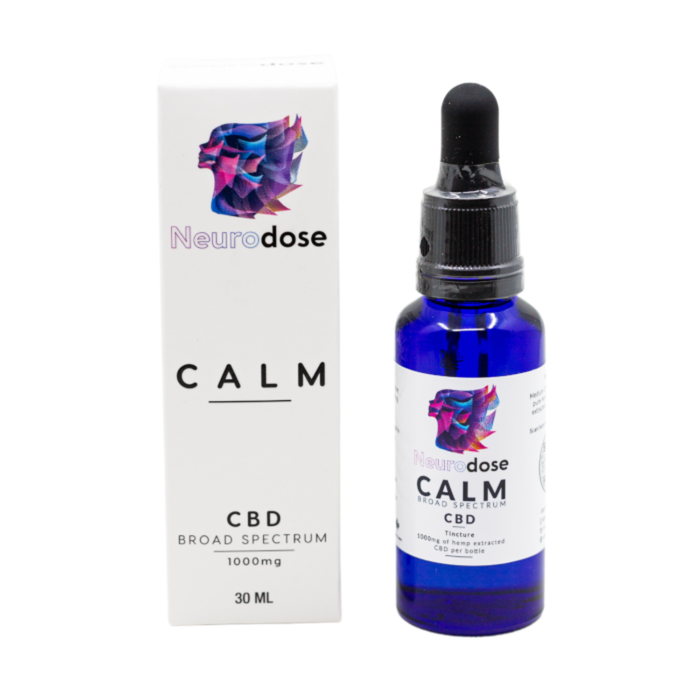 CBDNeurodose – Calm Broad Spectrum CBD Tinctures$120.00
CBDNeurodose – Calm Broad Spectrum CBD Tinctures$120.00 -
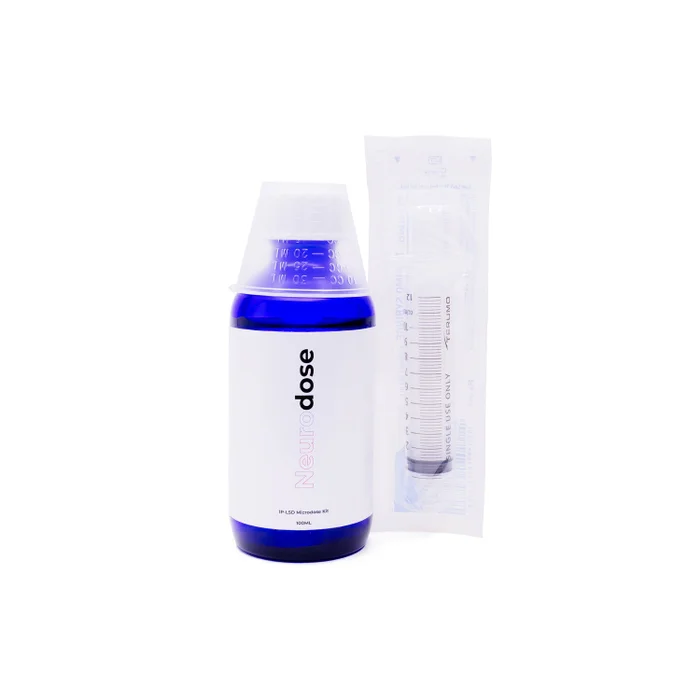 Neurodose – 1P-LSD Micro Dosing Kit$70.00
Neurodose – 1P-LSD Micro Dosing Kit$70.00 -
 NEW!Vitalita – 1:1 Tincture
NEW!Vitalita – 1:1 Tincture$35.00$33.25 -
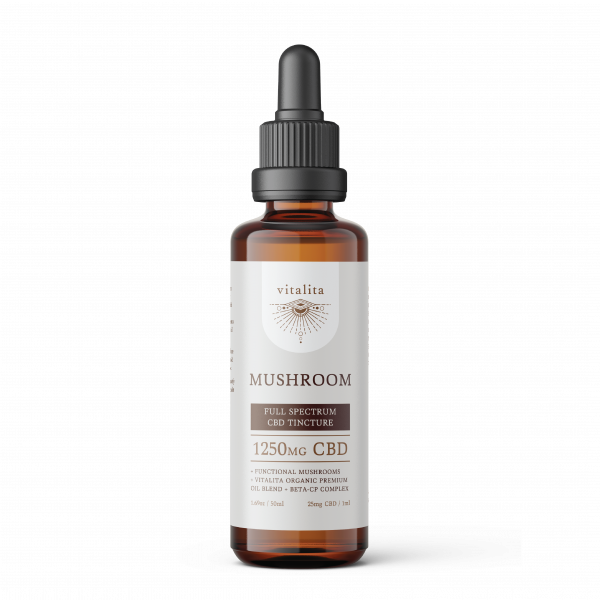 NEW!Vitalita – Full Spectrum CBD Tincture – Mushroom
NEW!Vitalita – Full Spectrum CBD Tincture – Mushroom$45.00$42.75 -
 NEW!Vitalita – Full Spectrum CBD Tincture – Immunity
NEW!Vitalita – Full Spectrum CBD Tincture – Immunity$45.00$42.75 -
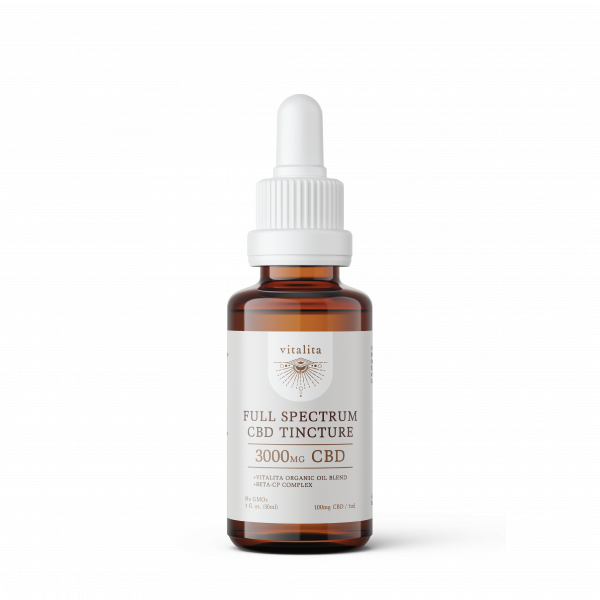 NEW!Vitalita – Full Spectrum CBD Tincture
NEW!Vitalita – Full Spectrum CBD Tincture$50.00 – $65.00$47.50 – $61.75 -
 NEW!Vitalita – Full Spectrum CBD Tincture – Energy & Vitality
NEW!Vitalita – Full Spectrum CBD Tincture – Energy & Vitality$45.00$42.75 -
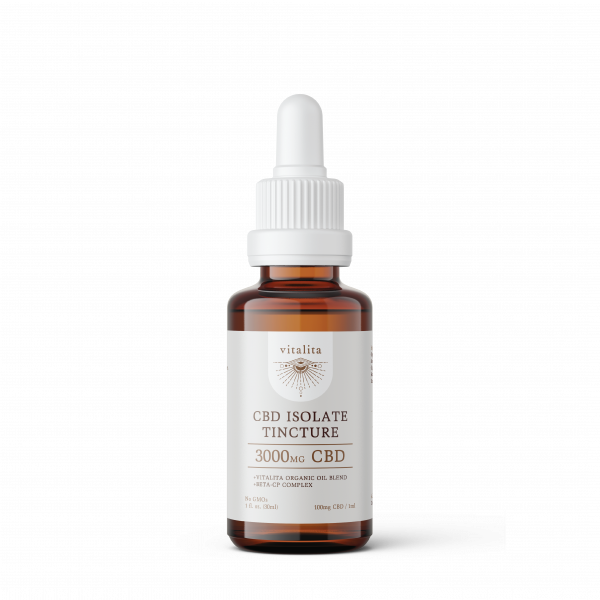 NEW!Vitalita – CBD Isolate Tinctures
NEW!Vitalita – CBD Isolate Tinctures$50.00 – $65.00$47.50 – $61.75 -
 NEW!Vitalita – Full Spectrum Medicinal Tincture 20:1
NEW!Vitalita – Full Spectrum Medicinal Tincture 20:1$60.00$57.00
Patient Perspectives and Case Studies
Real-life stories and case studies can offer valuable insights into the experiences of Crohn’s Disease patients who have incorporated cannabis into their treatment regimen. While individual experiences may vary, hearing firsthand, accounts can provide a deeper understanding of the potential benefits and challenges associated with cannabis use.
Stories from patients who have found relief and improved quality of life through cannabis can be inspiring and informative. They can shed light on the specific symptoms that cannabis has helped manage, the dosage and administration methods used, and the overall impact on their well-being.
Additionally, patient perspectives can also highlight the challenges faced, such as navigating legal and accessibility barriers, adjusting dosages, and finding the right cannabis products that work best for their individual needs. By sharing these stories, individuals considering cannabis for Crohn’s Disease treatment can gain insights and make more informed decisions about their own healthcare journey.
It is important to remember that individual experiences may not be representative of everyone, and results may vary. Personal stories should be considered alongside scientific research and medical advice to ensure a comprehensive and well-informed approach to cannabis use in Crohn’s Disease treatment.
Conclusion
As interest in alternative therapies for Crohn’s Disease continues to grow, cannabis has emerged as a potential option for symptom management and improved well-being. The scientific evidence and anecdotal reports highlight the potential benefits of cannabis in alleviating symptoms such as abdominal pain, inflammation, loss of appetite, and sleep disturbances. However, it is crucial to approach cannabis use in Crohn’s Disease with caution and under medical supervision, as more research is needed to fully understand its effects, dosages, and potential interactions with other medications. By expanding our knowledge through further scientific exploration, we can continue to enhance the treatment options available to individuals living with this challenging condition.
FAQs
Can you smoke while having Crohn’s?
It is generally advised for individuals with Crohn’s Disease to avoid smoking, including the smoking of cannabis or tobacco. Smoking can irritate the digestive tract, worsen inflammation, and potentially exacerbate Crohn’s symptoms. It is recommended to explore alternative methods of cannabis consumption, such as edibles or oils, to minimize potential risks to respiratory health.
What should Crohn’s patients avoid?
Crohn’s patients should be cautious about their diet and lifestyle choices. It is advisable to avoid trigger foods that may exacerbate symptoms, such as spicy foods, high-fat foods, dairy products, and foods high in fibre. Additionally, individuals with Crohn’s should avoid tobacco and excessive alcohol consumption, as these substances can worsen inflammation and negatively impact overall health.
What worsens Crohn’s disease?
Several factors can potentially worsen Crohn’s Disease symptoms. These include stress, inadequate sleep, poor diet, certain medications (such as nonsteroidal anti-inflammatory drugs or NSAIDs), and infections in the gastrointestinal tract. It is important for individuals with Crohn’s to identify their specific triggers and work with healthcare professionals to develop strategies for managing and minimizing their impact.
How do you calm Crohn’s disease?
There are various approaches to help calm Crohn’s Disease symptoms. Firstly, following a well-balanced and nutritious diet tailored to individual needs can play a significant role. This may involve avoiding trigger foods, increasing fibre intake gradually, and staying hydrated. Managing stress through techniques like meditation, exercise, and therapy can also be beneficial. Additionally, adhering to prescribed medications and working closely with healthcare providers to develop a comprehensive treatment plan is essential for managing and calming Crohn’s Disease.
